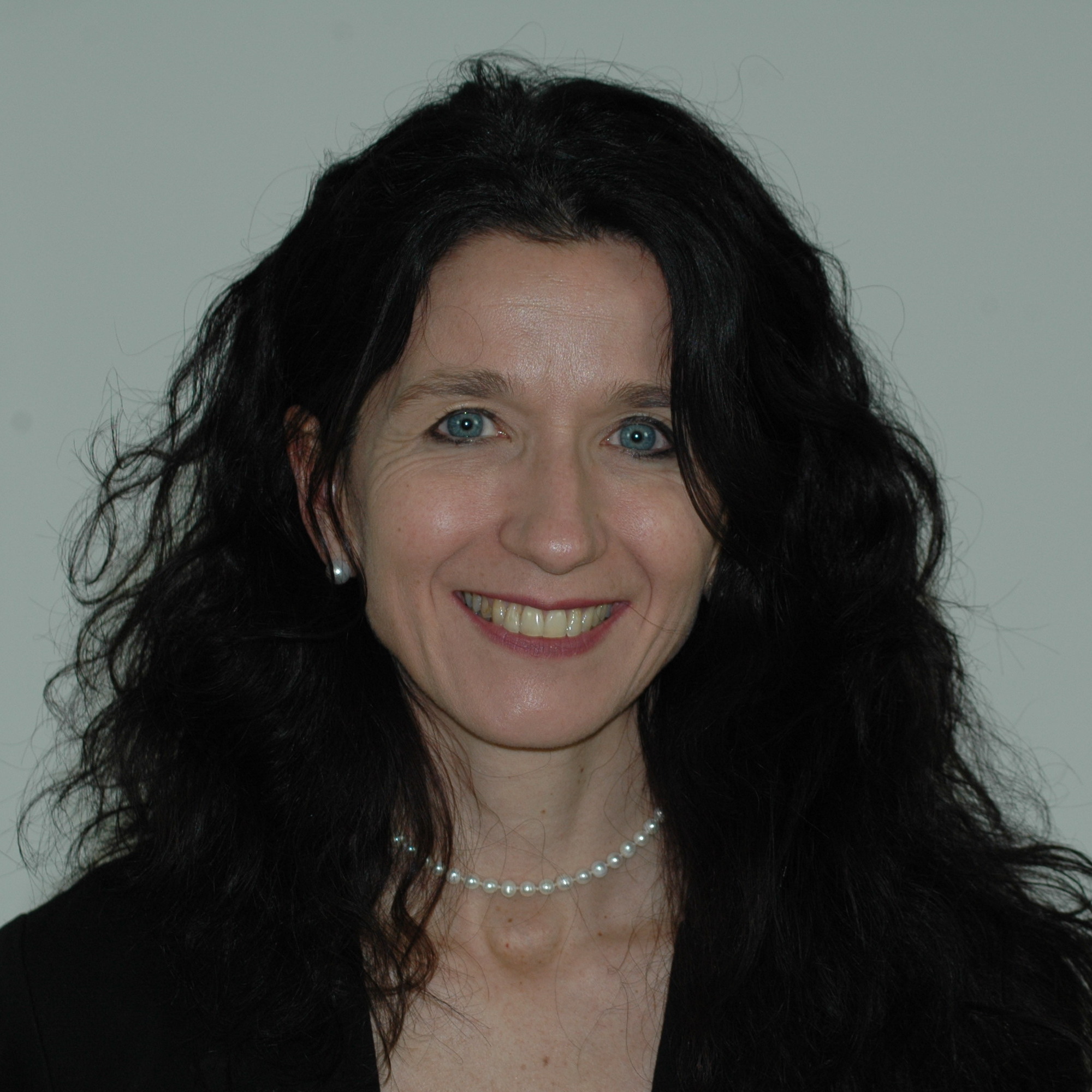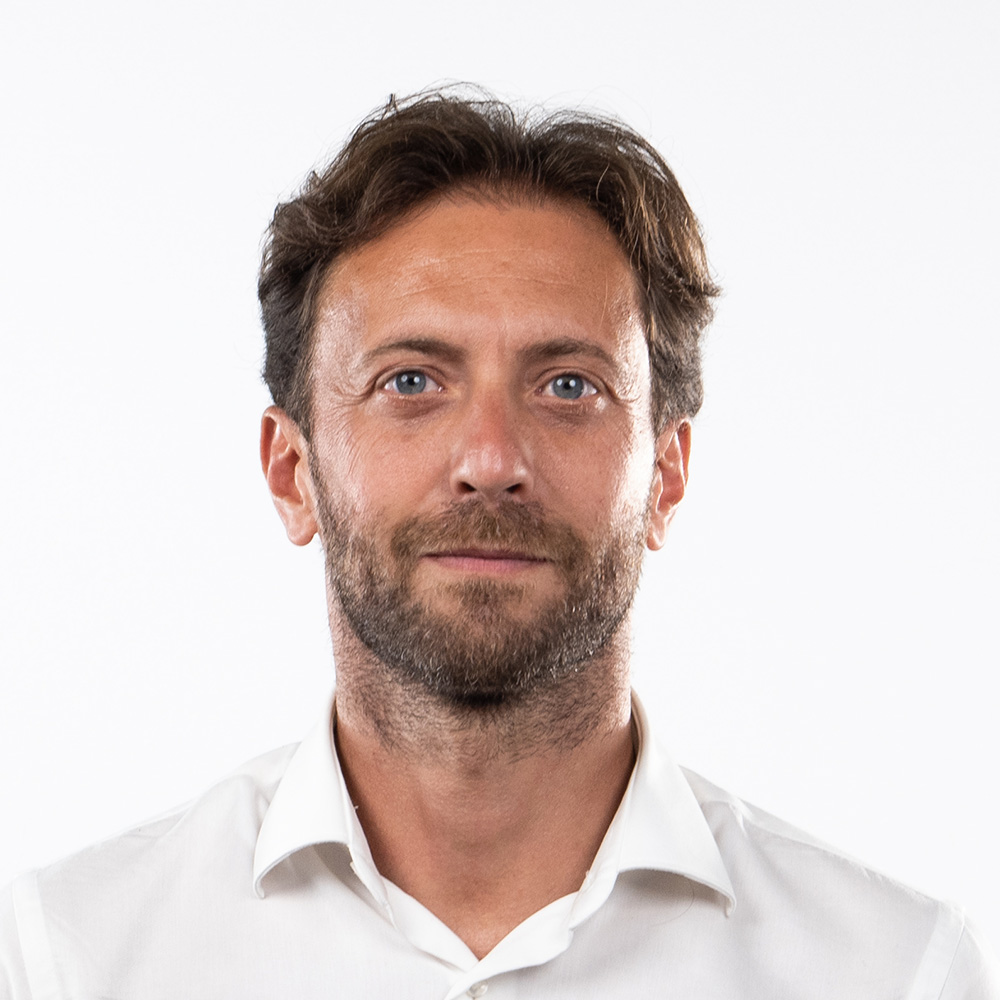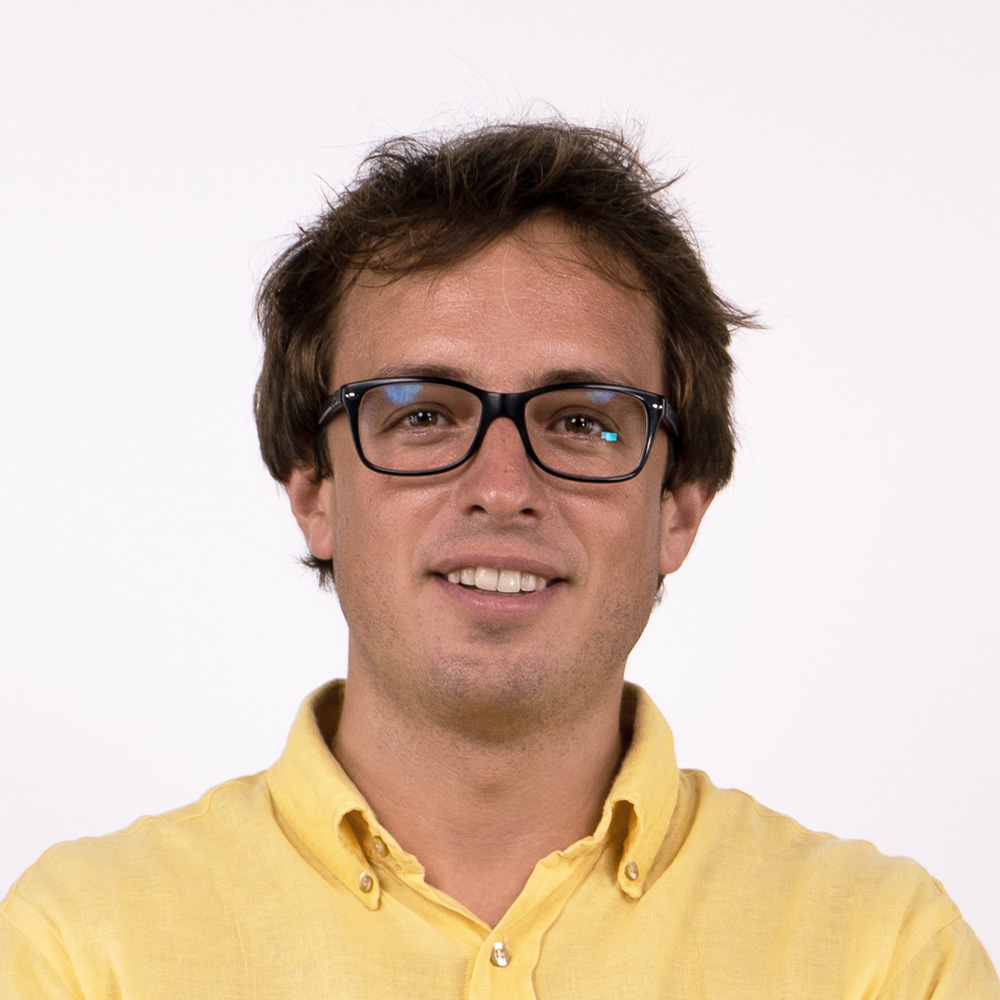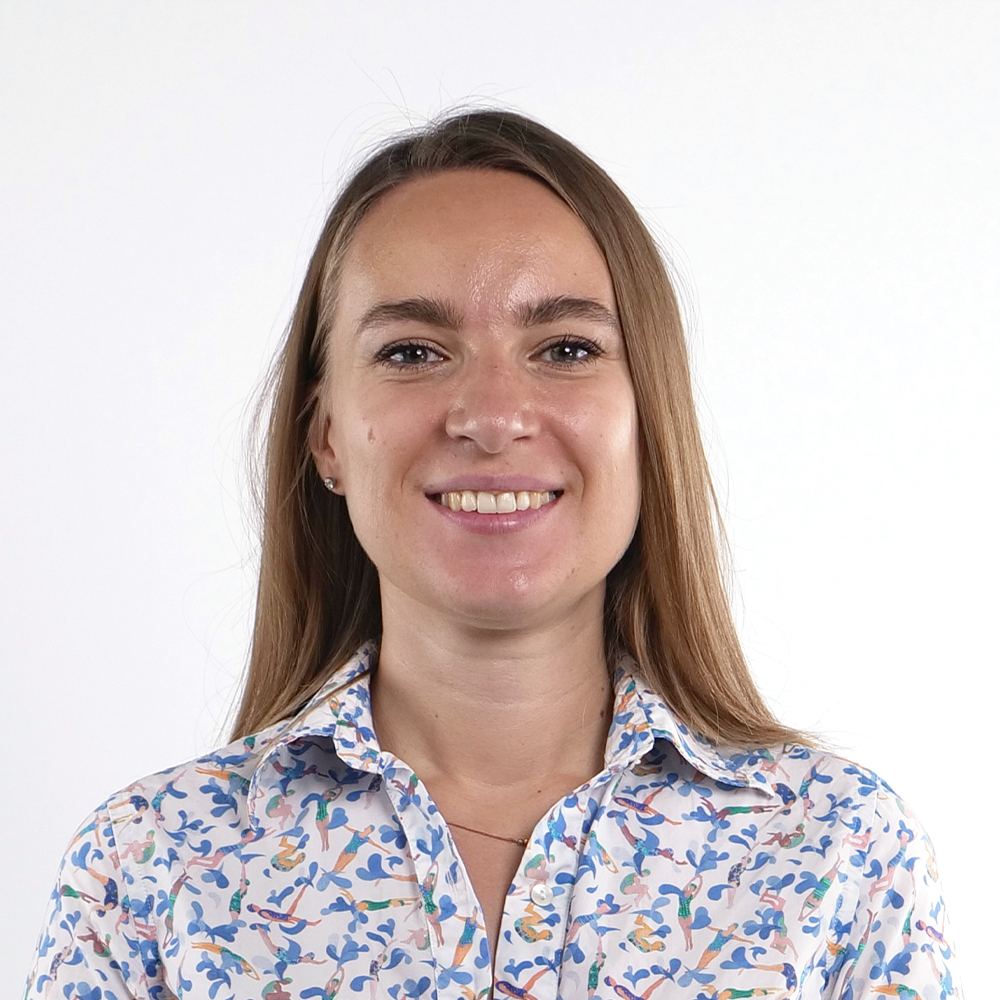Modelling the Energy Transition: the revolution of open-source software
Modelling the Energy Transition: the revolution of open-source software
Deep dive on the energy modelling world to discover available open-source software for the analysis of the current and future Energy Transition.
Introduction to the Sustainability series
This MOOC is part of the series on “Sustainability”, which is one of the world’s major challenges of today and tomorrow and requires multidisciplinary competences. The series provides technical knowledge on a variety of topics, such as sustainable building, energy transition, water management and food waste prevention.
See the full seriesCourse description
The MOOC aims at providing the attendants with the fundamental knowledge of the main challenges that characterize the Energy Transition at both Global and Regional level, and a set of tools to scientifically support their analysis. The first part of the course is devoted to a general overview of the energy sector at national and regional scale, analysing energy flows and their transformations from primary resources to final energy products. Country balances are studied in terms of primary and electric energy balances to provide instruments to critically analise the energy situation of countries . In the second part of the MOOC energy modelling with its governing principles is introduced as an instrument to assist engineering analysis. Available open-source modelling approaches are also presented. Simplified and real-life case study will be treated with dedicated software as hands-on sessions for the attendants who will be able to master the set of software introduced in the MOOC and use them within their professional activity.
The course is structured in 3 weeks:
- Week 1 – Energy challenge and energy accounting
- Week 2 - Introduction to energy system modelling
- Week 3 - Hands on module on supply energy system modelling (with tutorial)
Total workload of the course: 6 hours
This MOOC is provided by Politecnico di Milano.
Intended Learning Outcomes
By actively participating in this MOOC, you will achieve different intended learning outcomes (ILOs).
Week 1
- Indicate the main challenges influencing the energy transition at both global and regional level
ESCO: energy market - Describe the fundamentals of national energy accountings
ESCO: accounting ESCO: explain accounting records ESCO: energy sector policies - Define an energy reference system
ESCO: energy
Week 2
- Explain the fundamentals of energy modelling and its governing principles
ESCO: develop energy policy ESCO: allocating and controlling physical resources - Describe the main taxonomy used for energy modelling
ESCO: perform energy simulations
Week 3
- Use Excel’s basic linear programming principles for national energy planning
ESCO: working with computers ESCO: using digital tools for collaboration, content creation and problem solving - Describe the main taxonomy used for energy modelling
ESCO: perform energy simulations - Analyze national energy policies impacts and perform scenarios analysis
ESCO: think analytically - Discuss the results in terms of energy planning parameters from practical case studies
ESCO: think critically
Prerequisites
For this course is required MS Excel proficiency.
Activities
Over and above consulting the content, in the form of videos and other web-based resources, you will have the opportunity to discuss course topics and to share ideas with your peers in the Forum of this MOOC.
Assessment
Your final grade for the course will be based on the results of your answers to the assessed quizzes. You have an unlimited number of attempts at each quiz, but you must wait 15 minutes before you can try again. You will have successfully completed the course if you score a total of 60% (or higher) in each of the assessed quizzes.
The maximum score possible for each quiz is given at the beginning of the quiz. You can view your score in the quiz on your last attempt or on the 'Grades' page.
Certificate
You can achieve a certificate in the form of an Open Badge for this course, if you obtain, at least, 60% of the total score in the graded quizzes and by filling in the final survey.
Once you have completed the required tasks, you will be able to access ‘Get the Open Badge’ and start issuing the badge. Instructions on how to access the badge will be sent to your e-mail address.
The Badge does not confer any academic credit, grade or degree.
Information about fees and access to materials
You can access the course completely online and absolutely free of charge.
Course faculty

Emanuela Colombo
Teacher
Emanuela Colombo has achieved both a PhD in Energetic and a Nuclear Engineering MSc at Politecnico di Milano where she is currently Full Professor in “Engineering for Cooperation and Development” and “Thermoeconomics and Energy Modelling” at the Department of Energy. She has been covering the role of Rector’s Delegate to Cooperation and Development at Politecnico di Milano since 2005 and in 2011 she introduced a new track in the MSc in Energy Engineering focus on “Energy for Development”. In 2012 she has been named Chair holder of the UNESCO CHAIR on Energy for Sustainable Development assigned to the Department of Energy. She was the scientific coordinator of 4 European projects and one international tender on Green Innovation (Egypt), Sustainable Energy Engineering (Kenya, Tanzania and Ethiopia), Water Energy and Food nexus (Egypt), Modern Energy services in refugee camps (Lebanon, Somalia, RCA and Colombia) and Capacity Building in Engineering (Tanzania). She has managed the Africa Innovation Leaders Programme funded by the Italian Agency of Cooperation in Kenya, Ethiopia, Niger, Nigeria, Mozambique and Tunisia). Author of more than 200 scientific papers, 120 of which are in Scopus with an H index of 22. She is currently involved in scientific coordination of the Pillar 2 within the LEAP-RE project, the Long-Term Joint EU-AU Research and Innovation Partnership on Renewable Energy financed by the European Commission.

Riccardo Mereu
Teacher
Riccardo Mereu is currently Associate Professor at Department of Energy of Politecnico di Milano and lecturer of the course “Innovative Technologies for Energy” and “Sustainable Development”. His research mainly focuses on numerical modeling of energy industrial components and systems and application of sustainable energy technologies with particular attention to Developing Countries. Since 2010 he has been involved in different national and international projects with universities, NGOs and energy companies for modeling and optimization of energy systems and components for international private companies. He has been and his currently member / task and WP co-leader of several international projects: LEAP-RE and PRE-LEAP H2020 (Africa), European projects Sustainable Energy Engineering (Kenya, Tanzania and Ethiopia), Modern Energy services in refugee camps (Lebanon, Somalia, RCA and Colombia) and Capacity Building in Engineering (Tanzania). Since 2007 he is project engineer and actually Vice-President of Engineering Without Borders – Milan (ISF-MI) operating as member and responsible of the Energy Working Group, with focus on design and developing appropriate technologies and related modeling tools. He is author of more than 100 scientific papers, 43 of which in Scopus with more than 1000 citations, H-Index 14.

Nicolò Stevanato
Teacher
Nicolò Stevanato is a Doctoral Researcher in Energy and Nuclear Sciences and Technologies at Politecnico di Milano. His field of research field locates in the framework of energy system modelling for policy support and long-term energy planning in developing countries, with particular focus on the issue of access to electricity in rural areas. In particular the research investigates the nexus between fundamental human needs and electricity demand, defined as Demand-Needs Nexus. He achieved his Master’s Degree in Energy Engineering – Power Production at Politecnico di Milano, during which period spent one year in UTFSM University in Chile, where he got in contact with the concept of engineering applied to sustainable development, and in particular to tackle the access to electricity issue. He is involved as a researcher in the LEAP-RE project, the Long-Term Joint EU-AU Research and Innovation Partnership on Renewable Energy financed by the European Commission.

Francesco Tonini
Teacher
Francesco Tonini is a Doctoral Researcher at Politecnico di Milano, Department of Energy. His research activity focuses on integrated impact assessment of energy related investments and interventions with specific focus to developing countries. Within this field he collaborates with Italian energy companies and NGOs. More specifically, he developed a direct experience about the African continent collaborating with an Italian NGO active in the rural context of Tanzania in providing access to electricity and modern facilities to local communities. As far as teaching experience, Francesco is active as scientific tutor and lectures facilitator for several specializing master courses organized by private companies in partnership with the Department of Energy at Politecnico di Milano. He collaborates with international institutions and development organization for the provision of capacity building and training programs for energy professionals and researchers around the world. His research activity is awarded by the Enel Foundation Fellowship for PhD studies aimed to identify crossroads between advanced technologies. His Master Thesis on System Dynamics modelling for rural electrification strategies is awarded with the Altero Matteoli memorial price because of its relevance toward the care about common good.

Diana Shendrikova
Teacher
Diana Shendrikova is senior researcher at Politecnico di Milano, Department of Energy. She holds a PhD in History of International Relations and Political Science from Sapienza University of Rome, Italy. Her research focuses on geopolitics of energy, energy policy and energy diplomacy in the framework of scientific diplomacy. She is an awardee of international grants and scholarships from European Commission, Japan’s Ministry of Education and Japan Foundation. She has been formerly employed as researcher at ISPI (Italian Institute for International Political Studies), where she was part of ISPI Energy Watch and Russia, Caucasus and Central Asia Programme, as researcher and senior consultant at FEEM (Fondazione Eni Enrico Mattei) and as a consultant and project manager in a sustainability communication consulting firm in Milan. During her academic carrier she conducted research projects in Italy, Japan, Russia and Ghana and authored more than 30 publications.
Contact details
If you have any enquiries about the course or if you need technical assistance please contact pok@polimi.it. For further information, see FAQ page.